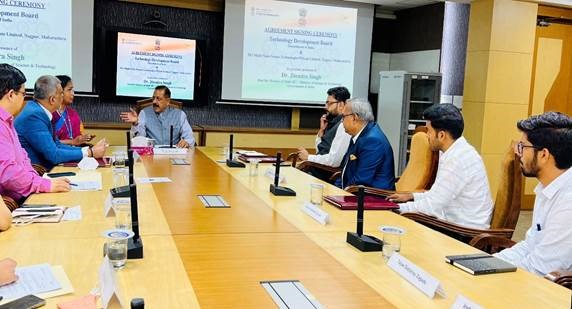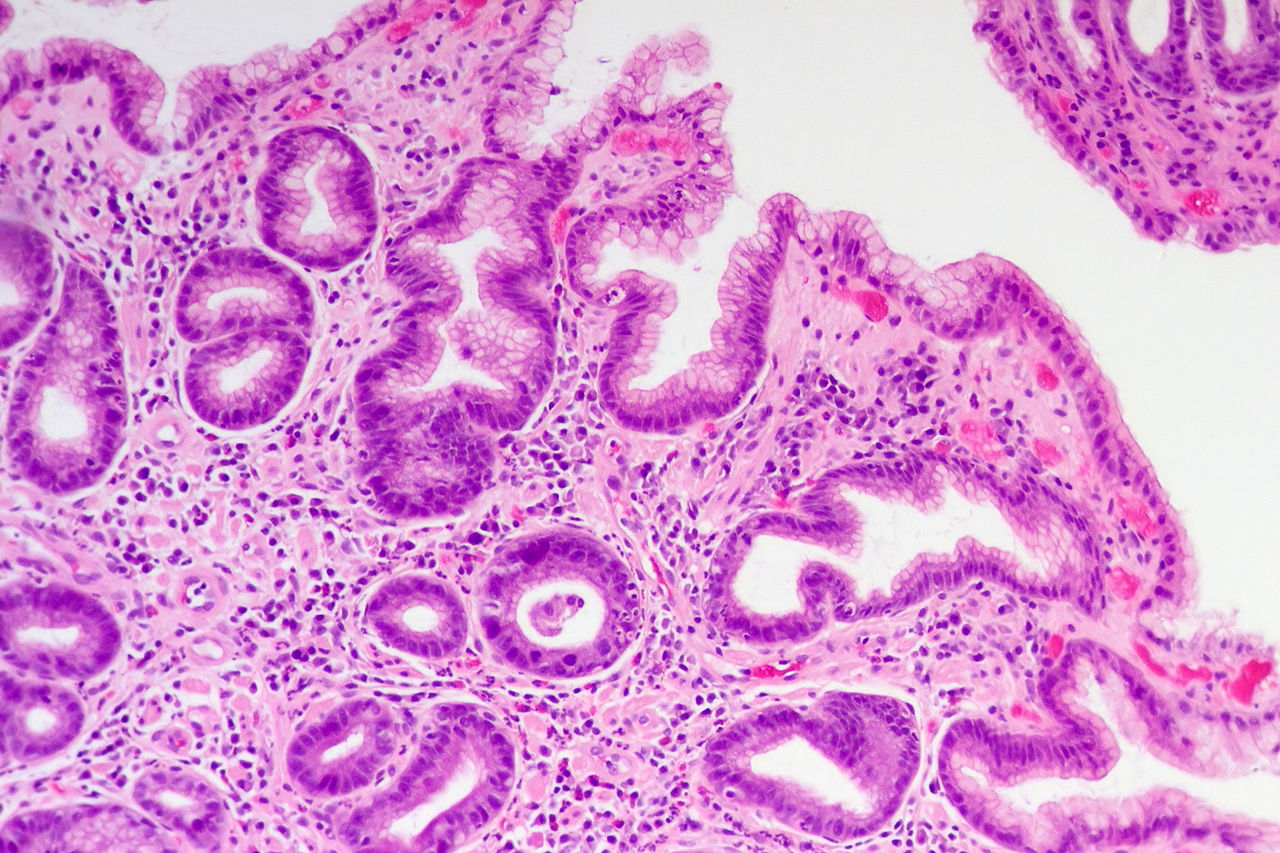
New Compostable Plastic Material in the Offing
- News
- 3.4K
The Union Minister of Science & Technology Dr. Jitendra Singh has approved a loan of Rs 1.15 crores to a Maharashtra-based start-up, M/s TGP Bioplastics to manufacture and commercialise a “compostable” plastic material.
A Memorandum of Understanding (MoU) has been signed between the Technology Development Board (TDB), a statutory body under the Department of Science & Technology (DST) in the Union Ministry of Science & Technology, and the company. The project has also received seed funding under the NIDHI Prayas scheme of the DST, Niti Aayog, and United Nations Industrial Development Organization (UNIDO) for the prototype development.
Dr. Jitendra Singh recalled that in line with Prime Minister Narendra Modi’s clarion call to phase out single-use plastic items, India had banned the manufacture, import, stocking, distribution, sale, and use of found single-use plastic items. ‘The concept of compostable plastic will be scaled up with further government support,’ said Dr Singh.
He noted that the manufacture and commercialization of compostable plastic by the TGP Bioplastics gelled well with the ongoing countrywide coastal clean-up campaign launched by the Ministry of Earth Sciences on 5th July 2022. The 75-day long programme was launched to raise awareness about “Swachh Sagar, Surakshit Sagar”. It will culminate on “International Coastal Clean-up Day” on 17th September 2022, when students, civil society members, and environmental activists, among others, will be mobilized to achieve the target to remove 1,500 ton of garbage, mainly single-use plastic from the seacoasts.
Currently, very few degradable materials/composites are available in the market. Most of them cost more than Rs. 280/kg for the raw materials. The cheapest degradable polymer today is Polybutylene adipate terephthalate (PBAT). It is available at Rs. 280-300/kg. In contrast, conventional plastic raw materials cost just around Rs. 90/kg. Hence, the market will for degradable plastic is less. The new composite is expected to fill the gap as it would be available at about Rs 180/kg and with comparable strength.
The material is a blend of Thermoplastic-Starch (TPS)-glycerine with some chemical modifications. The granules prepared from this composite can be moulded into any shape and breaks down into natural substances after use. The company targets a production capacity of 880 MT per annum.
Rajesh Kumar Pathak, Secretary, TDB, said, “The Prime Minister has emphasised that plastic being non-bio-degradable, threatens to become a menace to humanity and is already having a deadly impact on our terrestrial, marine and aquatic ecosystem. With TDB supporting M/s TGP Bioplastics, India is one step closer to supplying an indigenous alternative.” (ISW)
If you liked this article, then please subscribe to our YouTube Channel for the latest Science & Tech news. You can also find us on Twitter & Facebook


